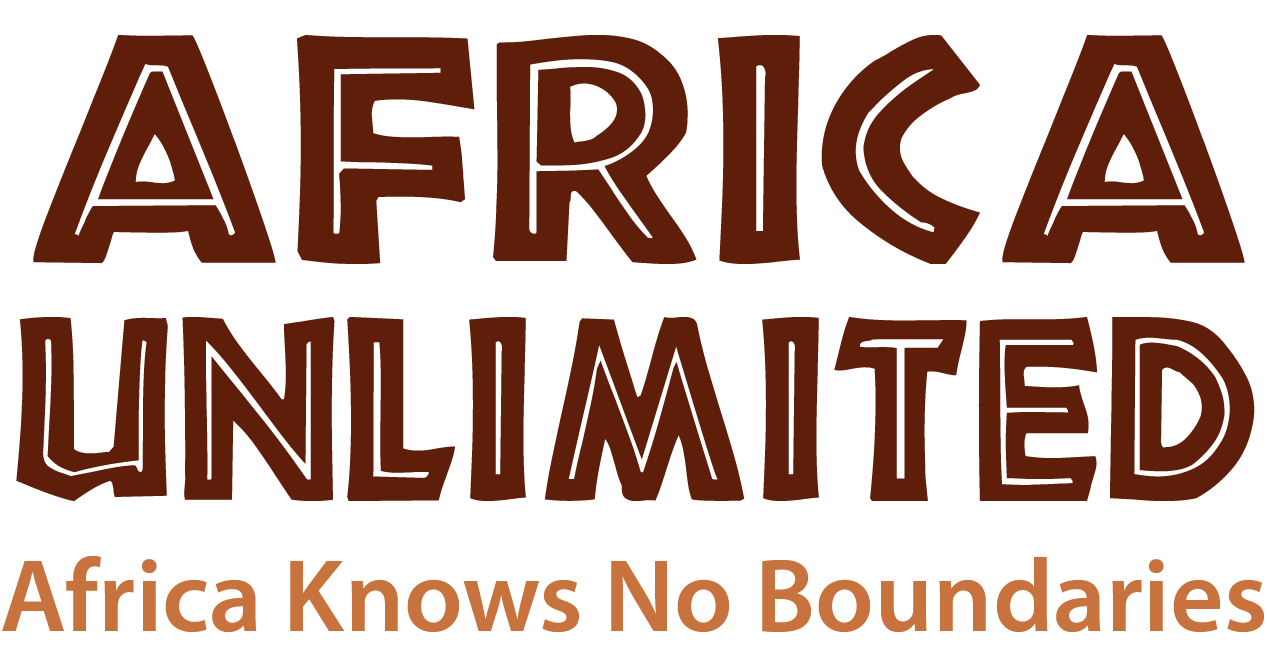Soon after the establishment of Capetown, in 1652, Europeans made other, rapidly expanding, settlements along the coast of the area that is now the nation of South Africa . The overflow populations, largely Dutch, migrated inland fighting the indigenous peoples oftentimes every step of the way. Diamonds were discovered in the 1870s and gold was found in the 1880s. Britain , seeing this, steadily extended and deepened its control over the interior. This led to a series of conflicts with the Dutch settlers (the Boer Wars) that ended in victory for the British authorities in 1902.
In 1945, however, South Africa was granted independence as a country totally controlled by its small white minority. In 1948, the apartheid laws went into effect making racial discrimination, in every aspect of society, a formal part of the constitution of the country. After exhausting all peaceful methods to obtain justice, the people of South Africa began to revolt. In the early 1960s, Nelson Mandela emerged as the leader of that armed struggle. He was captured and imprisoned in 1964.
The indigenous population was ultimately corralled into horrendous slums (“townships”) in the cities, or banished to largely infertile, resource-deprived areas of the countryside (“bantustans.”) Over the years, all the European colonies adjacent to South Africa gained their independence. And so the white regime in South Africa soon found itself fighting not only internal rebellion, but external attack. In the early 1980s, they repeatedly offered to release Nelson Mandela if he agreed to renounce armed struggle. Mandela steadfastly refused to make such a pledge.
In time, people all around the world began to boycott all economic activities involving South Africa . In 1988, a combined force of Angolans, Namibians, South African freedom fighters and thousands of Cuban soldiers decisively defeated a large South African force. Seeing the handwriting on the wall, the white minority government of South Africa , in 1990, released Mandela without pre-conditions. Afterwards, they asked him to sit down with them and negotiate an end to the conflict.
In the years ahead, Blacks were allowed to vote, entered the political process and elected a government led by Nelson Mandela and his political party, the African National Congress (ANC) in 1994. In 1999, Mandela was succeeded in office by Thabo Mbeki who was in turn succeeded by Jacob Zuma.
South Africa and its neighbors are today the world s largest source of gold, diamonds, platinum, uranium, copper, manganese, chrome and other precious minerals. However, there is a rising incidence of AIDS in the Black population, and the land is still largely in European hands. The resolution of the land conflict in nearby Zimbabwe doubtless will have great impact on South Africa . In short, it can be said, the struggle continues here. . .
( This is an excerpt from, Africa Is Not A Country: It’s A Continent, by Dr. Arthur Lewin, www.AfricaUnlimited.com )
